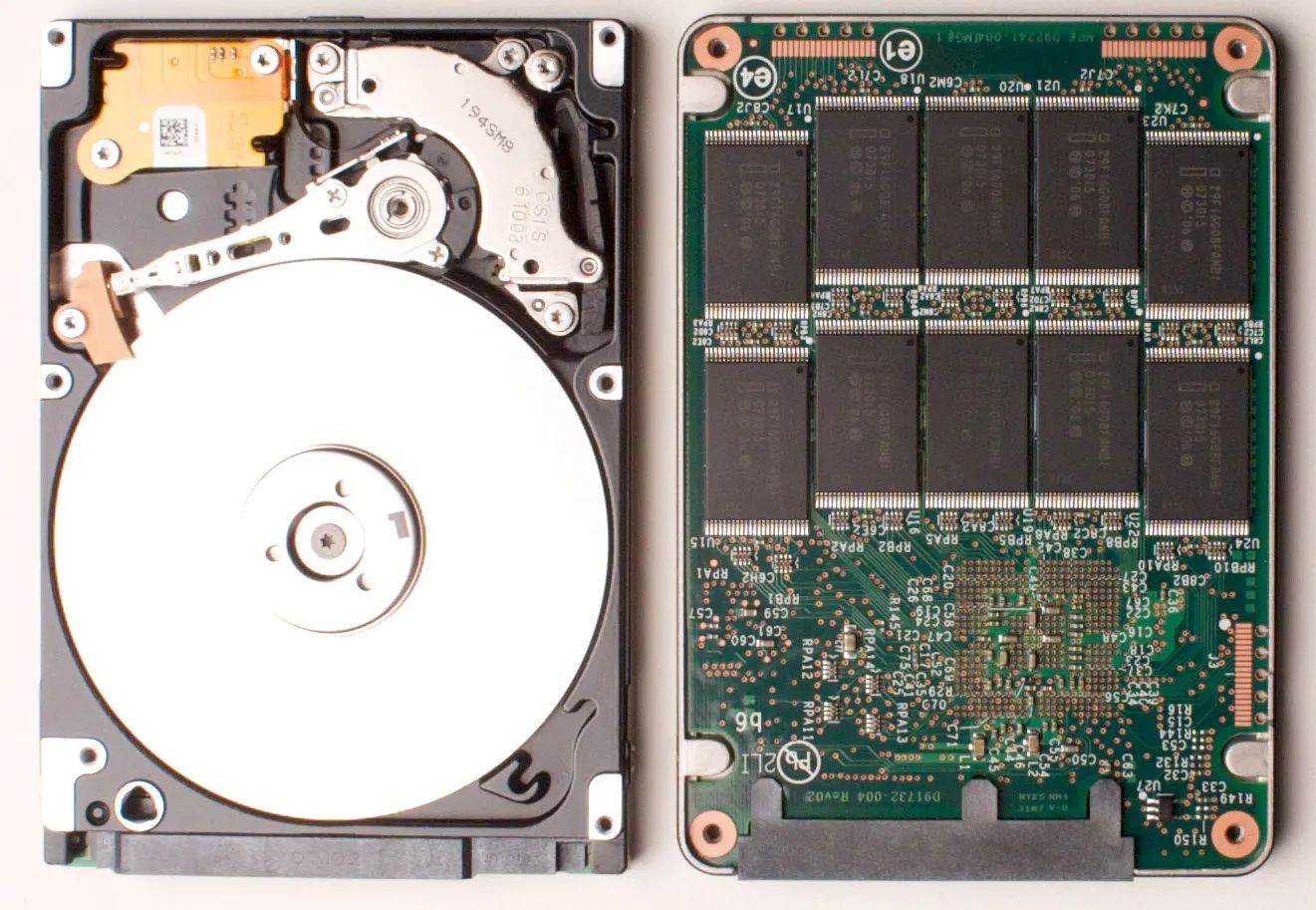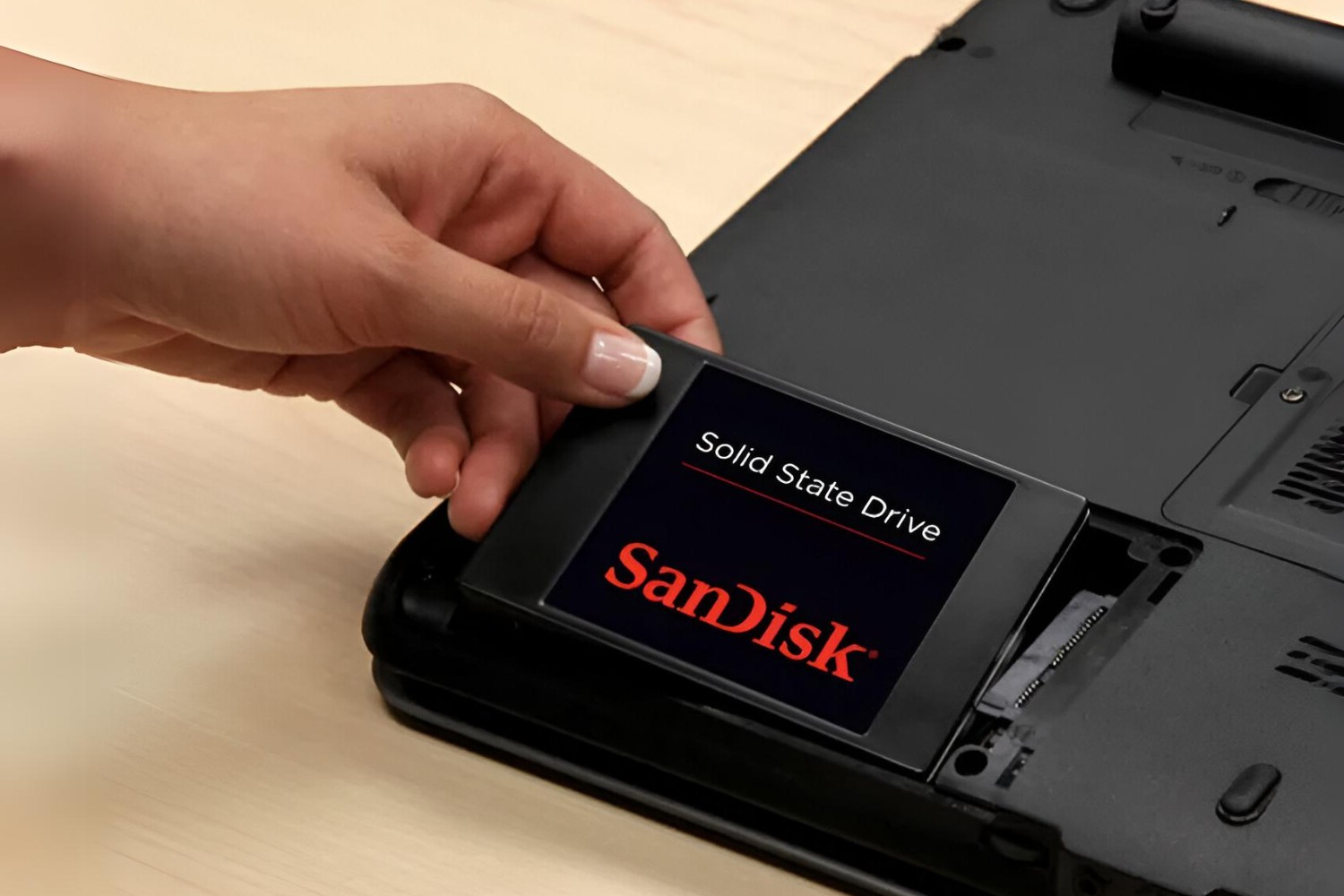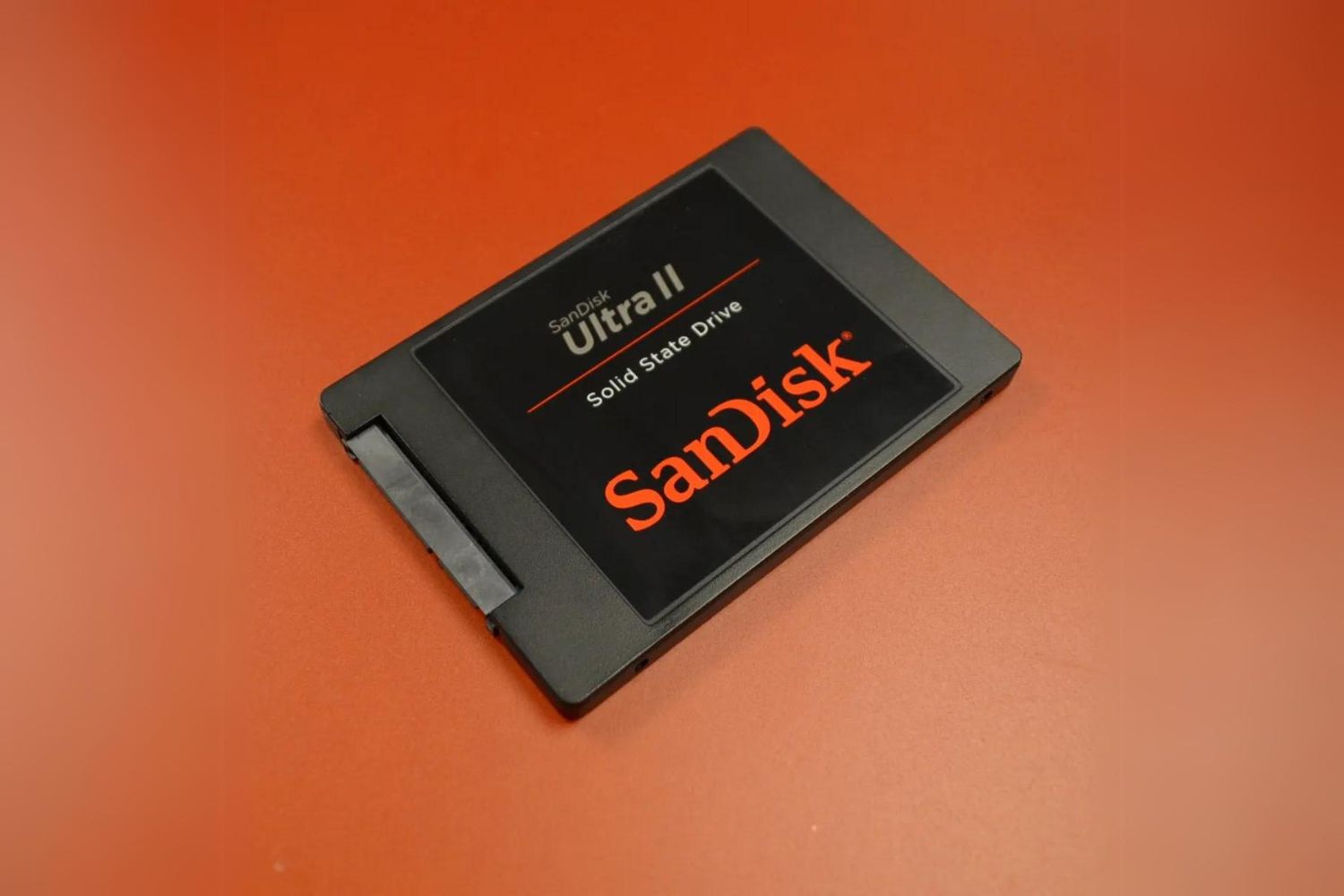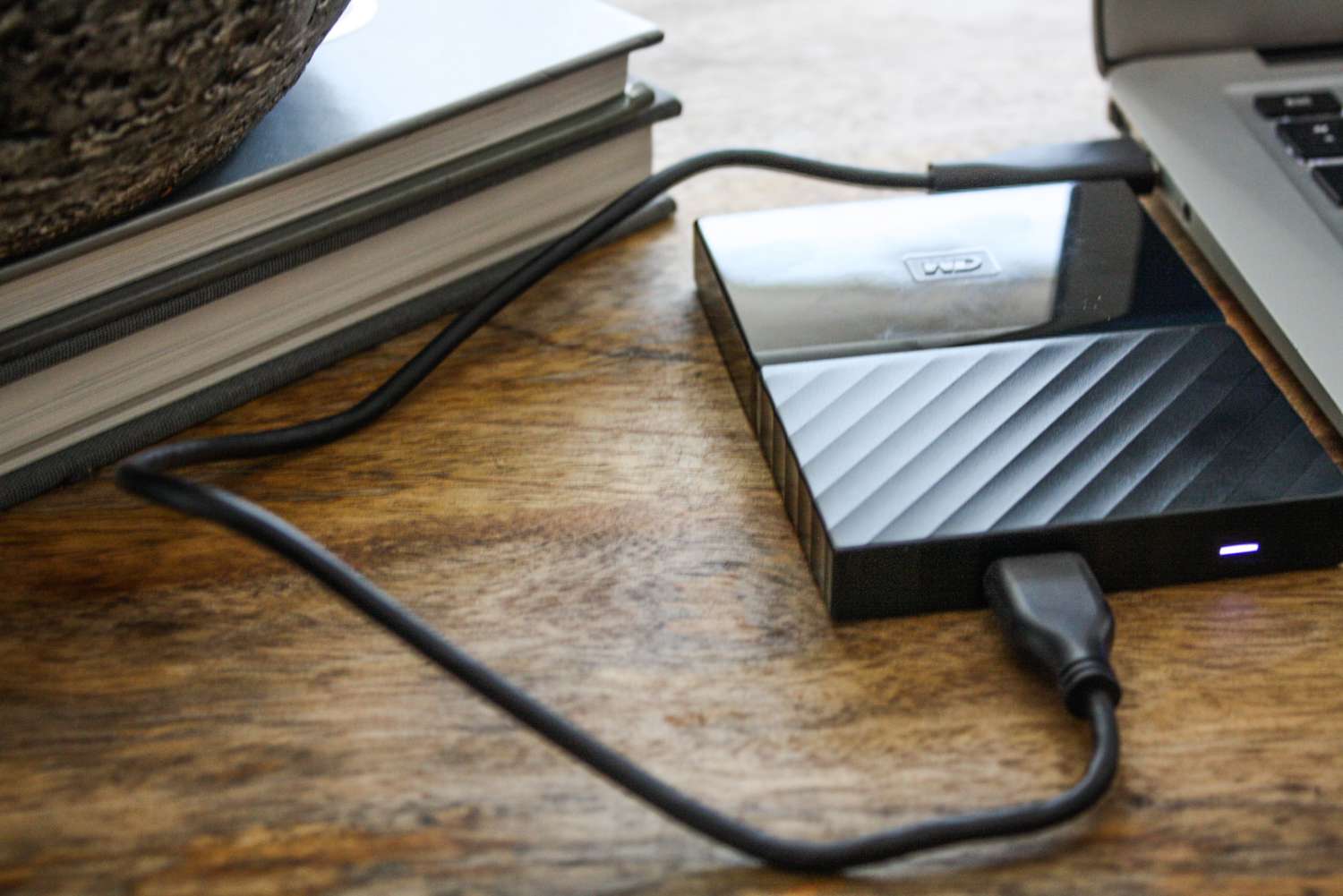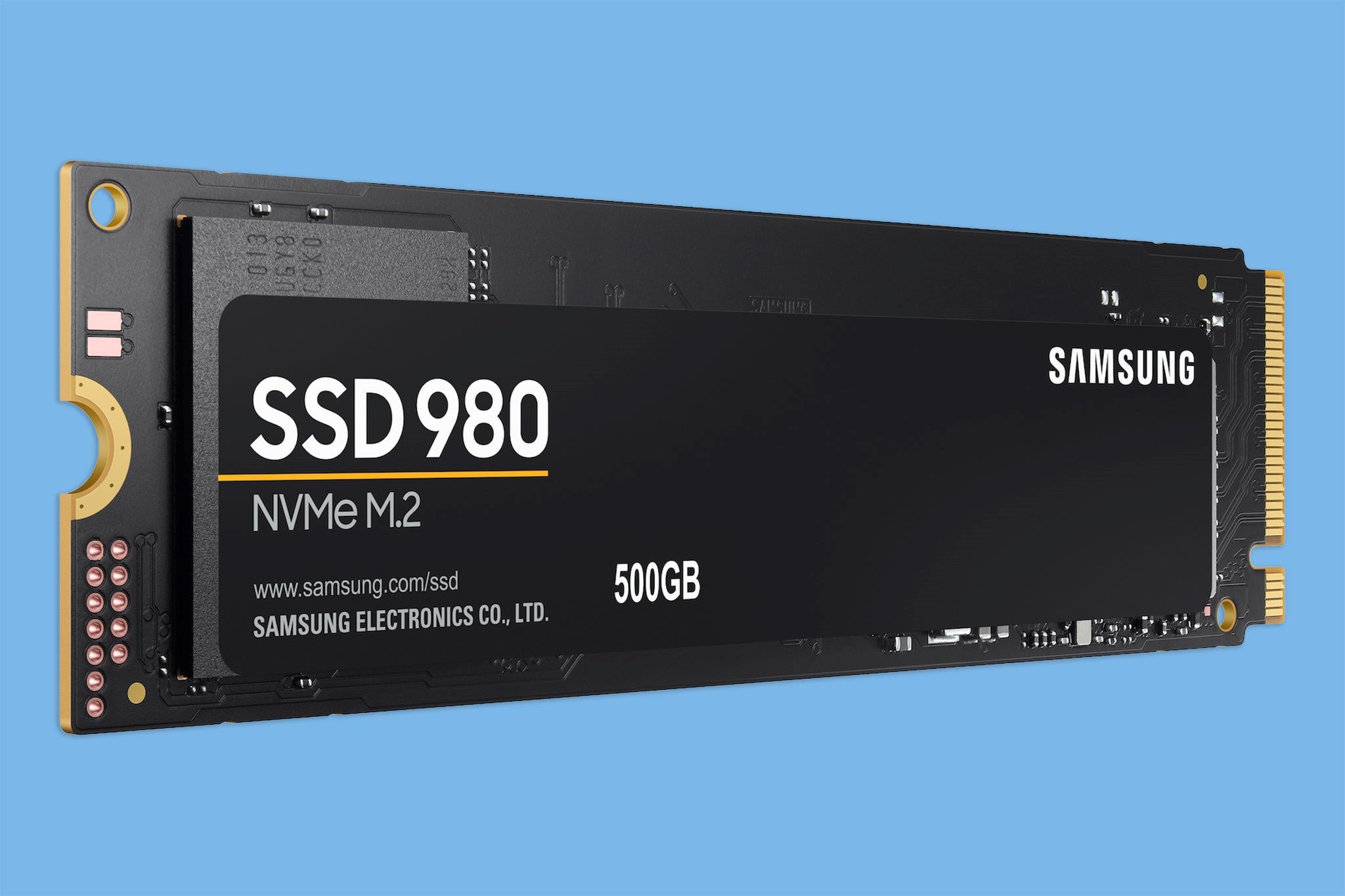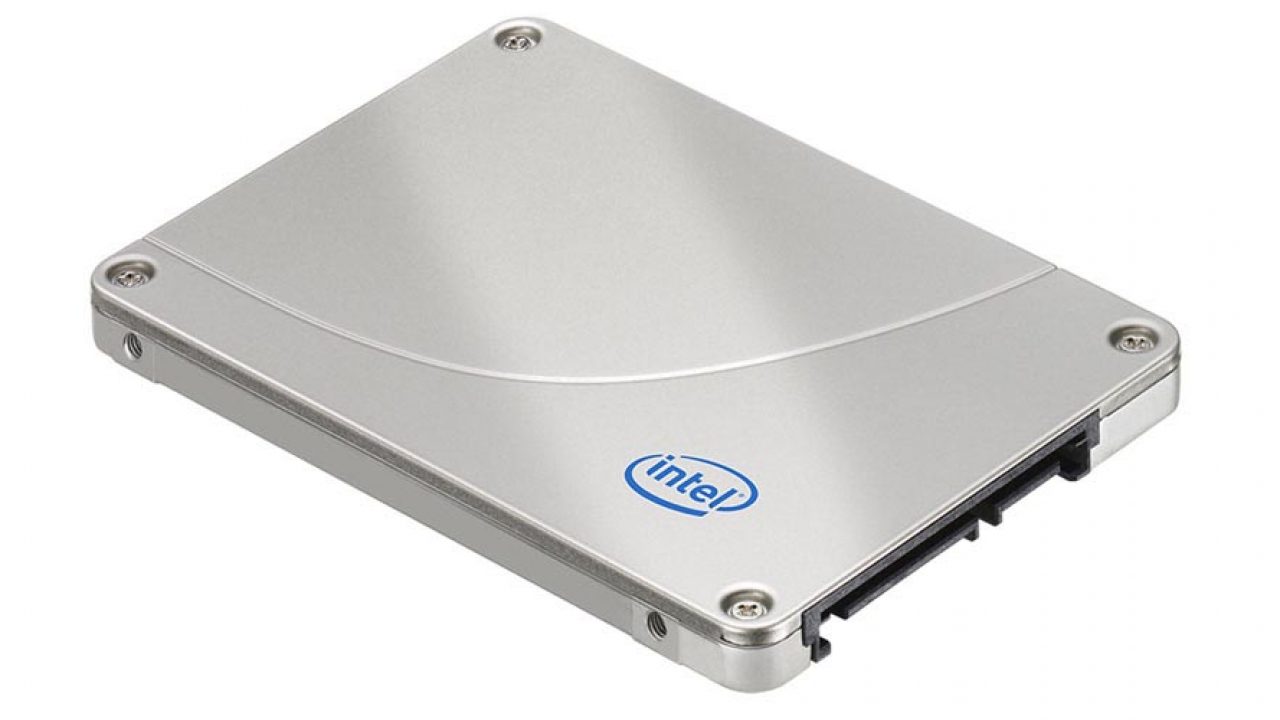Understanding Hard Disk Drive Failure
Understanding Hard Disk Drive Failure
A hard disk drive (HDD) is a vital component of a computer system, responsible for storing and accessing data. It consists of spinning platters coated with a magnetic material and read/write heads that move across the platters to retrieve or store data. However, despite their importance, hard disk drives can fail, resulting in potential data loss and system malfunction.
Hard disk drive failure can be a frustrating and disruptive experience, often leaving users wondering what went wrong. It’s crucial to have a basic understanding of the possible causes and warning signs of a failing hard disk drive to take action promptly and prevent further damage.
One of the primary causes of hard disk drive failure is mechanical failure. This can occur when the internal components, such as the read/write heads or motor, become damaged or misaligned. Another common cause is electrical failure, often caused by power surges, faulty connectors, or a malfunctioning controller board. Additionally, logical failures, such as file system corruption or malware infections, can lead to hard disk drive failure.
Recognizing the warning signs of a failing hard disk drive is crucial to take the necessary steps to safeguard your data. Watch out for unusual noises like clicking, grinding, or scraping sounds coming from the hard disk drive. These noises can indicate internal component failure. Slow system performance, frequent freezes, or crashes can also be red flags. Furthermore, if files or folders suddenly become inaccessible or if you encounter frequent error messages, it may be an indication of an impending hard disk drive failure.
When a hard disk drive failure occurs, the priority is to minimize data loss. It’s essential to regularly back up your data to an external storage device or cloud service to ensure that even if your hard disk drive fails, your important files and documents are secure.
In the next section, we will explore the steps to take when your computer displays a hard disk drive failure message and discuss the available options for repairing or replacing a failing hard disk drive.
Symptoms of Hard Disk Drive Failure
Symptoms of Hard Disk Drive Failure
Recognizing the symptoms of a failing hard disk drive can help you take immediate action to prevent potential data loss and system crashes. Here are some common warning signs to watch out for:
- Unusual Noises: If you hear strange clicking, grinding, or scraping sounds coming from your hard disk drive, it may indicate mechanical failure. These noises are often caused by damaged or misaligned internal components and should be addressed promptly.
- Slow and Unresponsive Performance: If your computer suddenly becomes slow, frequently freezes, or takes longer to open files and programs, it could be a sign of a failing hard disk drive. As the drive deteriorates, system performance is affected, resulting in decreased speed and responsiveness.
- Frequent Program or System Crashes: If you experience frequent program crashes or sudden system reboots, it may be due to a failing hard disk drive. Inadequate data access and damaged sectors on the drive can cause applications and the operating system to become unstable.
- Files and Folders Becoming Inaccessible: A failing hard disk drive may lead to files and folders becoming corrupt or inaccessible. You may encounter error messages when attempting to access specific files or notice files disappearing altogether. These issues imply data integrity problems that require immediate attention.
- Recurring and Unexpected Error Messages: If you consistently receive error messages related to file system corruption, bad sectors, or read/write failures, it is a clear indication of hard disk drive issues. Ignoring these error messages can exacerbate the problem and increase the risk of irreversible data loss.
It’s important to remember that these symptoms do not always guarantee hard disk drive failure, but they should serve as warning signs to take action and investigate the health of your storage device.
In the next section, we will explore the common causes of hard disk drive failure, shedding light on the factors that contribute to this critical issue.
Common Causes of Hard Disk Drive Failure
Common Causes of Hard Disk Drive Failure
Understanding the common causes of hard disk drive failure can help you prevent or minimize the risk of data loss. Let’s explore some of the primary factors contributing to this issue:
- Mechanical Failure: Mechanical failures occur when the internal components of the hard disk drive become damaged or misaligned. This can be due to physical shocks, excessive heat, dust accumulation, or general wear and tear over time. For example, the read/write heads may crash into the platters, leading to irreversible damage.
- Electrical Failure: Electrical failures usually result from power surges, faulty connectors, or a malfunctioning controller board. These events can cause damage to the electronic components of the hard disk drive, rendering it inoperable. Power fluctuations or using incompatible power supplies can contribute to electrical failures.
- Logical Failure: Logical failures involve issues with the file system, software, or user errors. Corruption of the file system can occur due to improper shutdowns, malware infections, or software glitches. Accidental deletion or formatting of critical system files can also lead to the failure of the hard disk drive.
- Overheating: Excessive heat can cause a hard disk drive to malfunction. Heat can degrade the performance and longevity of the internal components, including the magnetic platters and the read/write heads. Poor ventilation, improper cooling, or operating the computer in hot environments can contribute to hard disk drive failure.
- Aging and Wear: Like any mechanical device, hard disk drives have a limited lifespan. Over time, the various components of the drive, such as the motor, bearings, and actuator arm, can wear out. This wear and tear increase the risk of performance issues, failures, and ultimately, data loss.
It’s important to note that these causes are not mutually exclusive, and multiple factors can contribute to hard disk drive failure. Taking proactive measures such as regular maintenance, keeping the system cool, and avoiding mishandling or power surges can help prolong the lifespan of your hard disk drive.
In the following section, we will discuss the importance of backing up your data and the steps to take when your computer displays a hard disk drive failure message.
The Importance of Backing Up Your Data
The Importance of Backing Up Your Data
Backing up your data is crucial to protect against the potential loss that can occur when a hard disk drive fails. Here are some reasons why data backup is vital:
- Data Preservation: Backing up your data ensures that your important files, documents, photos, and videos are stored in a secure location. In the event of hard disk drive failure, you can easily restore your data from the backup, preventing permanent loss.
- Protection Against Accidental Deletion and Human Errors: We all make mistakes, and accidental deletion of files or folders can happen. With regular backups, you have a safety net, allowing you to retrieve lost data without hassle. It also safeguards against human errors such as mistakenly formatting the wrong drive.
- Defense Against Malware and Cyberattacks: Malware infections and cyberattacks can lead to data loss or encrypted files that may be unrecoverable without adequate backups. Regular backups minimize the impact of such attacks, as you can restore your clean data after dealing with the security breach.
- Disaster Recovery: Natural disasters, system crashes, or hardware failures can wreak havoc on your computer and its data. Having a backup strategy in place ensures that you can quickly recover and restore your critical data in such circumstances, reducing downtime and minimizing disruptions.
- Peace of Mind: Knowing that your data is securely backed up provides peace of mind. Whether it’s important work documents, cherished memories, or valuable information, having an extra copy ensures that even if the worst happens, your data remains intact.
There are various methods of backing up your data, such as using external hard drives, cloud storage services, or network-attached storage (NAS) devices. It’s wise to have multiple backups in different locations to further protect against potential data loss.
Remember to regularly update your backups to capture any changes or new files. Automation tools and scheduling backups can simplify the process and ensure that you never miss a backup.
In the next section, we will discuss the steps to take when your computer displays a hard disk drive failure message, guiding you through the necessary actions to address the issue effectively.
Steps to Take When Your Computer Says Hard Disk Drive Failure
Steps to Take When Your Computer Says Hard Disk Drive Failure
When your computer displays a hard disk drive failure message or exhibits symptoms of imminent failure, it’s essential to act promptly to prevent further damage and potential data loss. Here are some steps you can take:
- Don’t Panic and Make a Backup: Stay calm and immediately back up your important data, if possible. Use an external storage device or a cloud service to create a copy of your files and documents. This ensures that even if the hard disk drive fails completely, you will still have access to your important files.
- Confirm the Error Message: Take note of the exact error message displayed on your computer. This information can be helpful when seeking technical assistance or researching the specific problem. Understanding the specific error can assist in determining the best course of action.
- Run Diagnosis Tools: Use diagnostic software provided by the hard disk drive manufacturer or third-party applications to analyze the health of your hard disk drive. These tools can provide insights into the extent of the damage and help you make informed decisions about repairs or replacements.
- Consult a Professional: If you feel uncomfortable or lack the technical expertise to handle the situation, it’s advisable to seek assistance from a professional computer technician. They can diagnose the issue accurately and provide guidance on the best repair options.
- Consider Data Recovery Services: If your hard disk drive has already failed, and you did not have a backup, consider consulting a professional data recovery service. They specialize in recovering data from malfunctioning drives and may be able to retrieve your important files, although the process can be expensive.
- Repair or Replace the Hard Disk Drive: Depending on the severity of the failure, you may need to repair or replace the hard disk drive. If the issue is mechanical, professional repair services or contacting the manufacturer may be necessary. In more severe cases, a complete replacement of the hard disk drive may be the best solution.
- Learn from the Experience: Once the issue is resolved, reflect on the experience and take steps to prevent future hard disk drive failures. Regularly back up your data, ensure proper ventilation and cooling for your computer, and invest in quality hardware to reduce the risk of future failures.
Remember, prevention is key when it comes to hard disk drive failure. Regularly backing up your data and taking proper care of your computer’s components can significantly reduce the chances of encountering this issue in the future.
In the next section, we will explore available repair options for a failed hard disk drive, providing insights into potential solutions for recovering or replacing the drive.
Repair Options for a Failed Hard Disk Drive
Repair Options for a Failed Hard Disk Drive
When faced with a failed hard disk drive, you have a few repair options available. The suitability of each option depends on the severity of the failure and the value of the data stored on the drive. Here are some possible repair solutions:
- Professional Repair Services: If the failure is mechanical or requires specialized knowledge, it’s advisable to seek professional repair services. These experts have the expertise and tools to diagnose and repair various issues related to hard disk drives. It is essential to choose a reputable repair service that can guarantee the safety and security of your data.
- Manufacturer Warranty: If your hard disk drive is still under warranty, contacting the manufacturer is a viable option. They can provide guidance on repair or replacement and may cover the associated costs. Be sure to check the warranty terms and conditions to determine if the failure is covered and what steps to take.
- Data Recovery Services: If your hard disk drive has failed, and you have not backed up your data, data recovery services can be considered. These services specialize in retrieving data from malfunctioning drives. However, they can be quite expensive, and success is not guaranteed. Evaluate the value of your data and weigh the cost of recovery against the potential loss.
- Do-It-Yourself (DIY) Repairs: In some cases, DIY repairs may be possible, especially for logical failures or minor issues. There are software tools available online that can help recover data or repair file system errors. However, proceed with caution, as improper handling can cause further damage and potentially render the data irretrievable.
- Hard Disk Drive Replacement: If the hard disk drive is beyond repair or the cost of repair exceeds the value of the drive itself, replacing it may be the most practical solution. New hard disk drives are relatively affordable and readily available. When replacing the drive, ensure compatibility with your system and consider upgrading to a more reliable and faster solid-state drive (SSD).
It’s important to note that not all hard disk drive failures can be repaired, especially in cases of severe physical damage. Therefore, it is crucial to regularly back up your data to minimize the impact of potential hard disk drive failures.
Remember, prevention is key when it comes to hard disk drive failure. Regularly backing up your data, maintaining proper system ventilation, and handling your computer with care can help prevent future failures.
In the next section, we will discuss preventive measures to reduce the risk of hard disk drive failure and ensure the longevity of your data storage device.
Preventing Hard Disk Drive Failure
Preventing Hard Disk Drive Failure
Taking proactive measures to prevent hard disk drive failure can help ensure the longevity and reliability of your data storage device. Here are some preventive measures you can take:
- Regularly Back Up Your Data: The importance of regular data backups cannot be stressed enough. Set up a routine backup schedule, and make it a habit to regularly copy your important files to an external storage device or a cloud service. This way, even if your hard disk drive fails, you will have a secure copy of your data.
- Maintain Optimal Operating Conditions: Keep your computer in a well-ventilated area and ensure that it is properly cooled. Overheating can cause stress and damage to the hard disk drive components. Clean the dust and debris from the computer regularly, especially from the fans and vents, to prevent overheating.
- Handle Your Computer with Care: Avoid subjecting your computer to physical shocks or vibrations. Rough handling, dropping, or mishandling the device can cause damage to the delicate internal components, including the hard disk drive. Treat your computer with care and caution.
- Use a Surge Protector: Power surges can cause electrical damage to your hard disk drive. Protect your computer by using a surge protector or an uninterruptible power supply (UPS). These devices regulate and filter the power supply, minimizing the risk of sudden voltage spikes.
- Keep Your System Updated: Regularly update your operating system, firmware, and device drivers. Software updates often include bug fixes and security patches that can help maintain system stability and protect against potential vulnerabilities that may lead to hard disk drive failure.
- Use Reliable and Quality Hardware: Invest in high-quality hardware components, including hard disk drives. Choose reputable brands known for their reliability. Consider upgrading to a solid-state drive (SSD) if your budget allows, as SSDs are more resilient to mechanical failures and provide faster performance.
- Protect Against Malware: Install reliable antivirus software and keep it up to date. Regularly perform scans to detect and remove any malware that can potentially corrupt your hard disk drive or compromise your data. Exercise caution when downloading files or opening emails from unknown or untrusted sources.
- Perform Regular Disk Maintenance: Make use of built-in disk maintenance tools provided by your operating system. Regularly scan and repair disk errors, defragment your hard disk drive (if using a traditional HDD), and remove unnecessary files to ensure optimal performance and minimize the risk of failure.
By following these preventive measures, you can reduce the chances of hard disk drive failure and ensure the safety and longevity of your data. Remember, prevention is the key to avoiding the potential frustrations and losses associated with data loss.
In the next section, we will summarize the key points discussed and provide a final note on the importance of taking proactive measures to protect your hard disk drive.
Conclusion
Conclusion
Understanding the potential causes, recognizing the symptoms, and taking appropriate actions in the event of a hard disk drive failure are crucial to protect your data and maintain the health of your computer system. By following the steps outlined in this article, you can effectively address the issue and minimize potential data loss.
Regularly backing up your data is the most important preventive measure you can take. Whether through external storage devices or cloud services, maintaining up-to-date backups ensures that even if your hard disk drive fails, your important files and documents are secure.
In addition, taking preventive measures such as maintaining optimal operating conditions, handling your computer with care, using surge protectors, and keeping your system updated can significantly reduce the risk of hard disk drive failure.
If you encounter a hard disk drive failure, consider consulting professionals for repair or replacement options. Data recovery services may also be available for retrieving critical data from failed drives. However, prevention is always better than cure, and investing in quality hardware and practicing safe computing habits can go a long way in preventing hard disk drive failure.
Remember, a failed hard disk drive can be stressful and disruptive. By being proactive and implementing preventive measures, you can safeguard your data and ensure the longevity of your computer system.
So, take the necessary steps to protect your hard disk drive and valuable data, and enjoy a reliable and secure computing experience for years to come.







